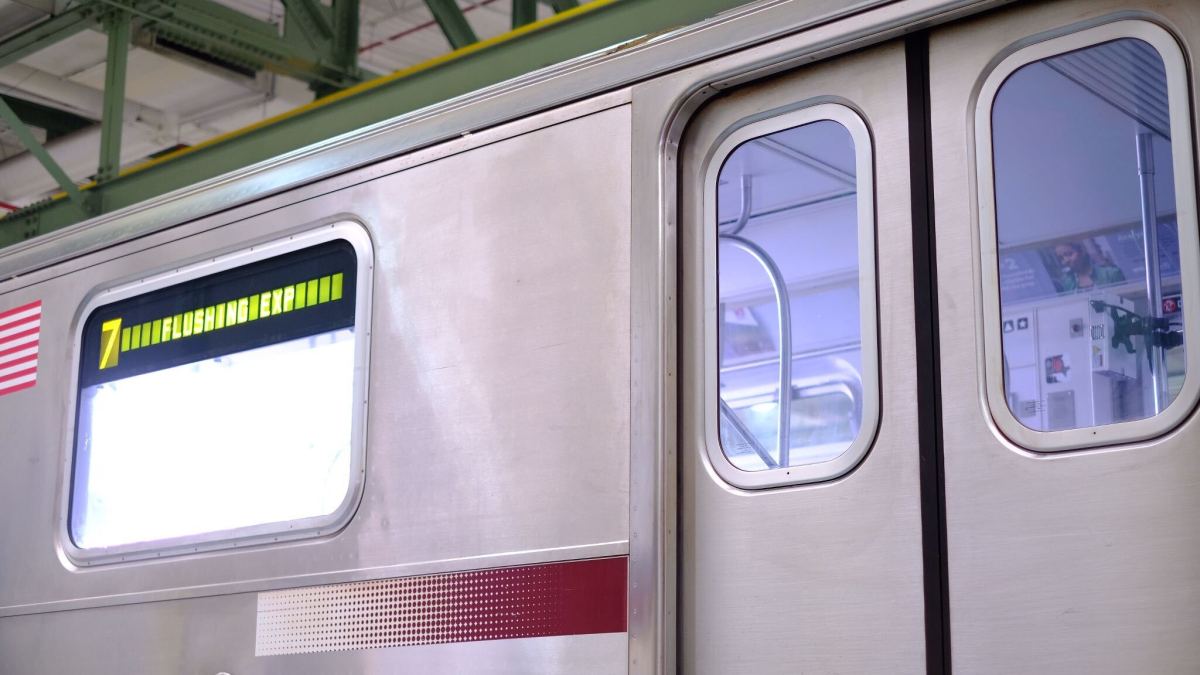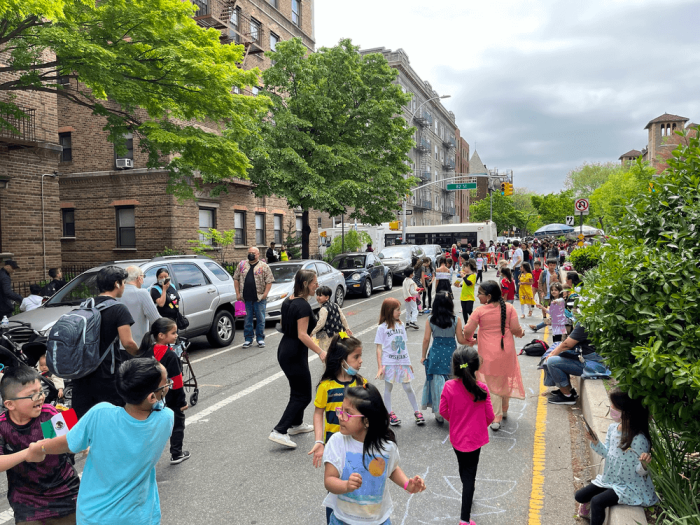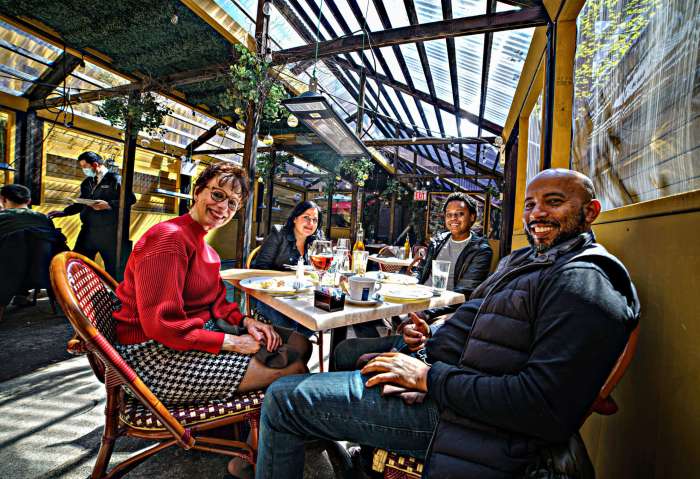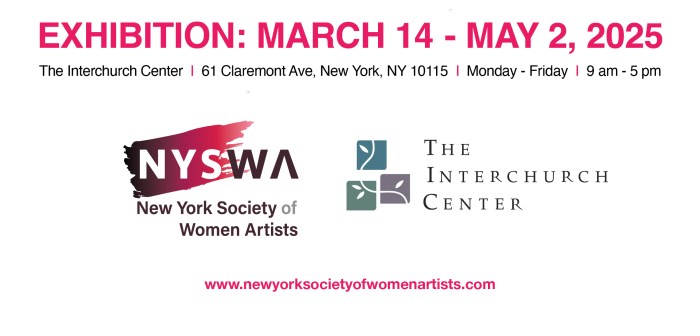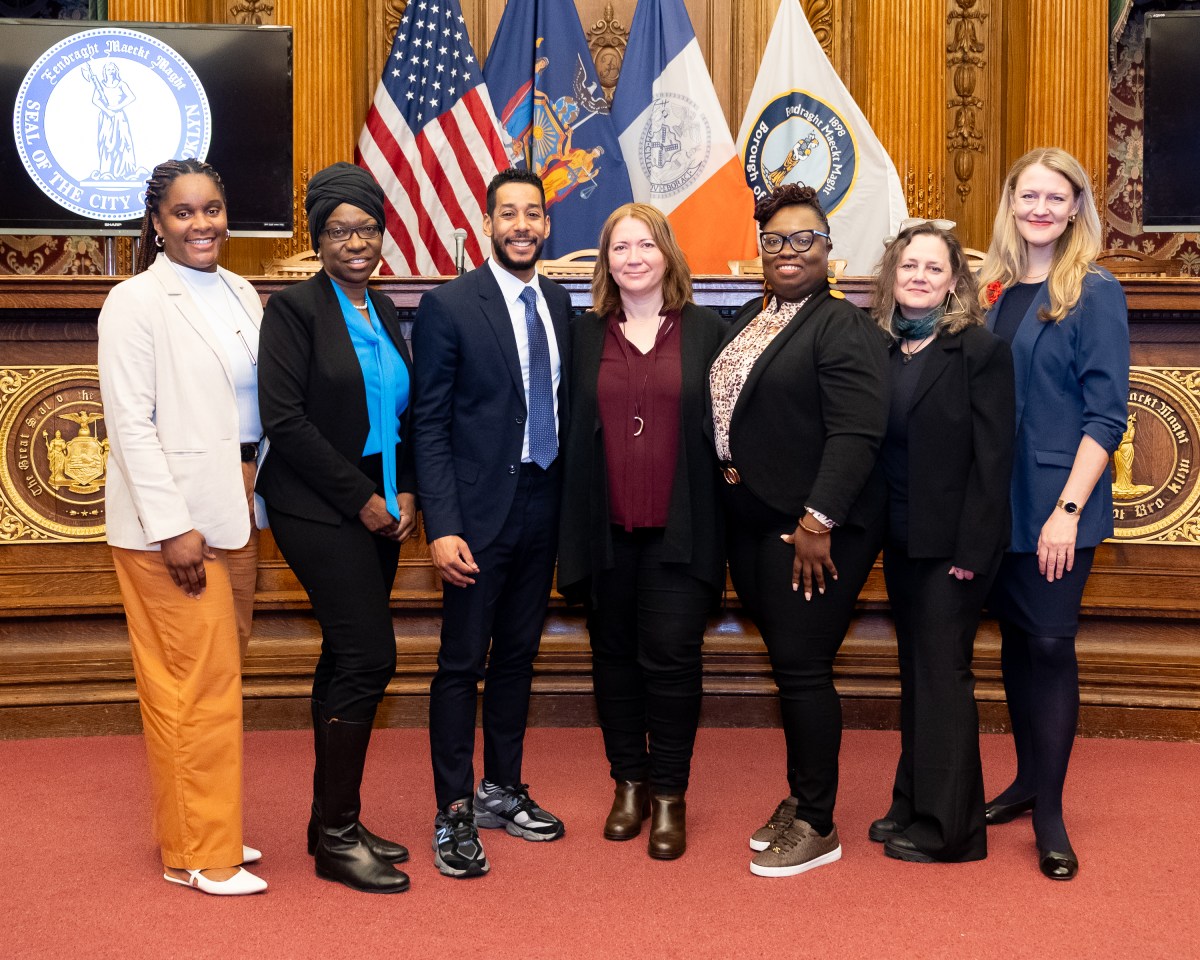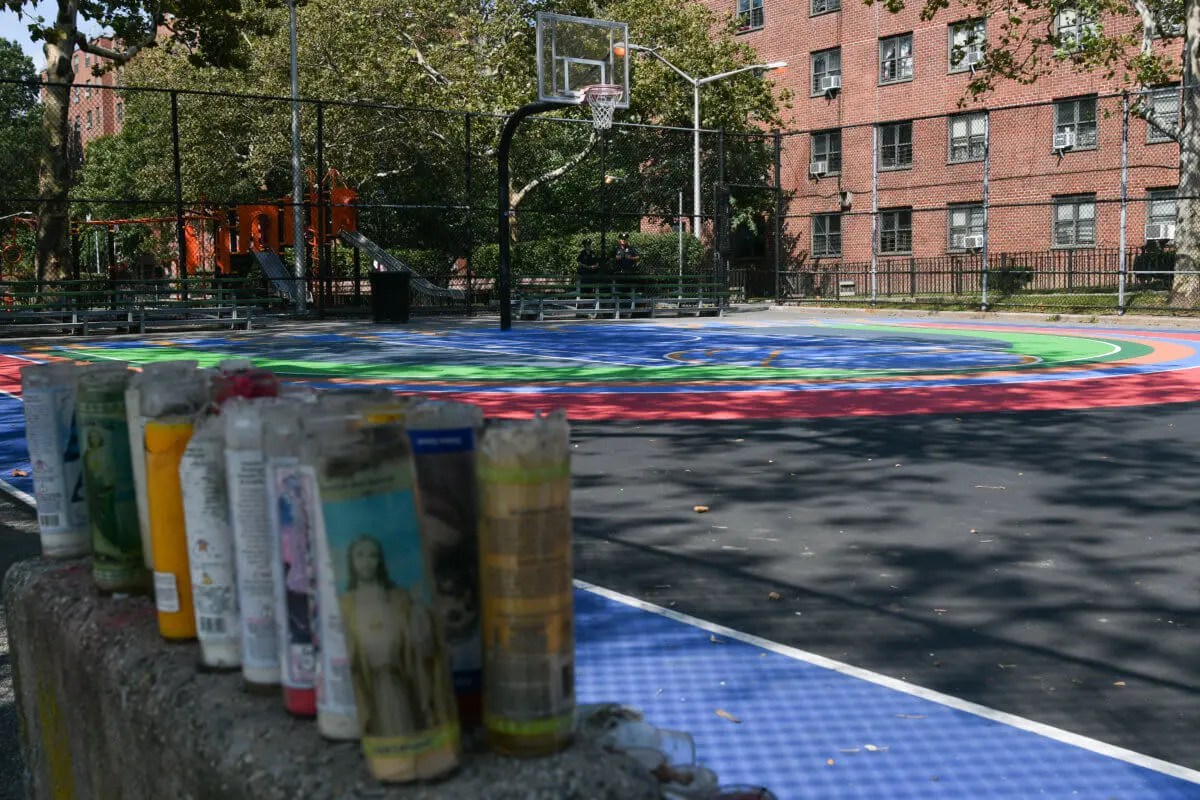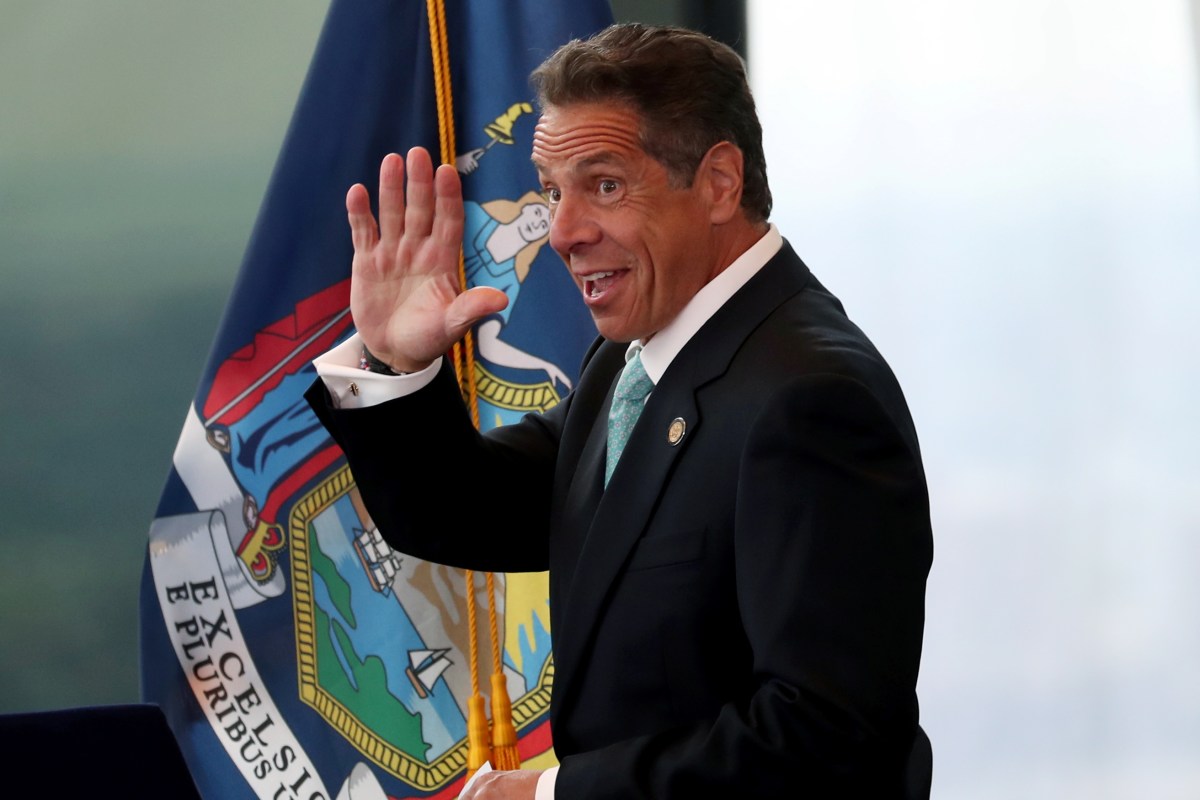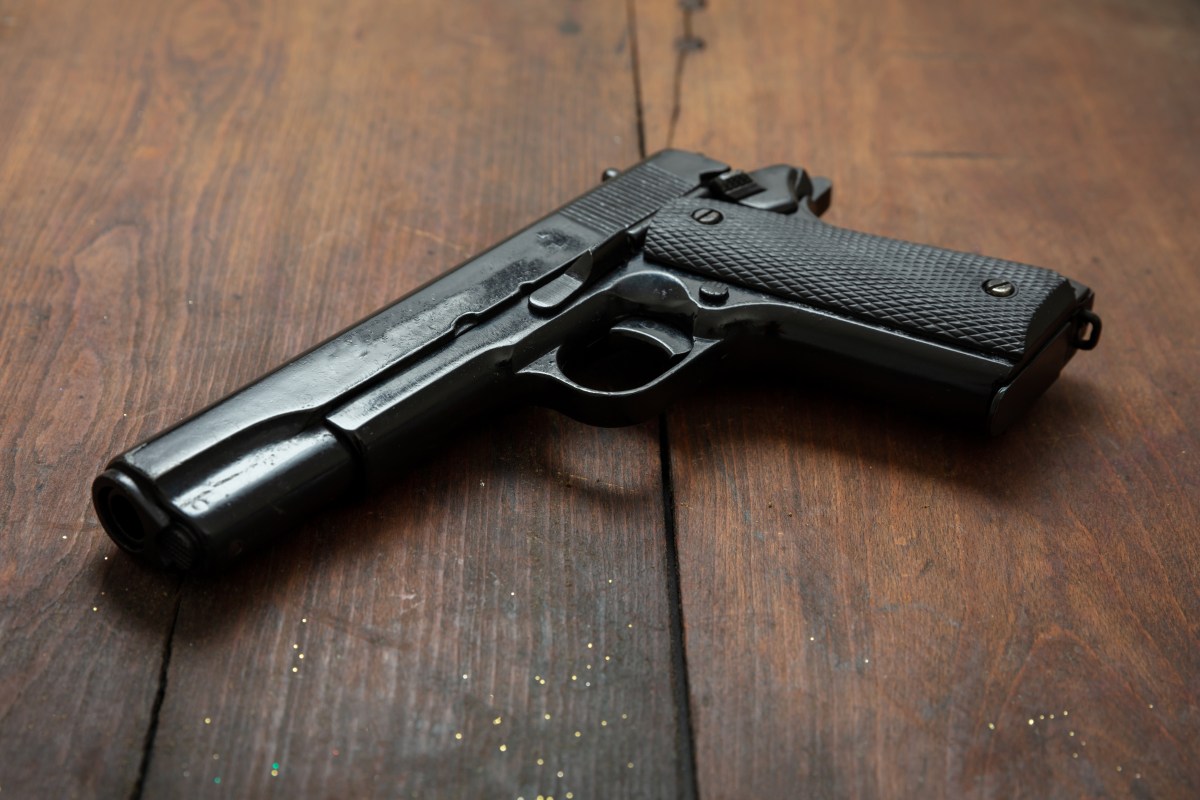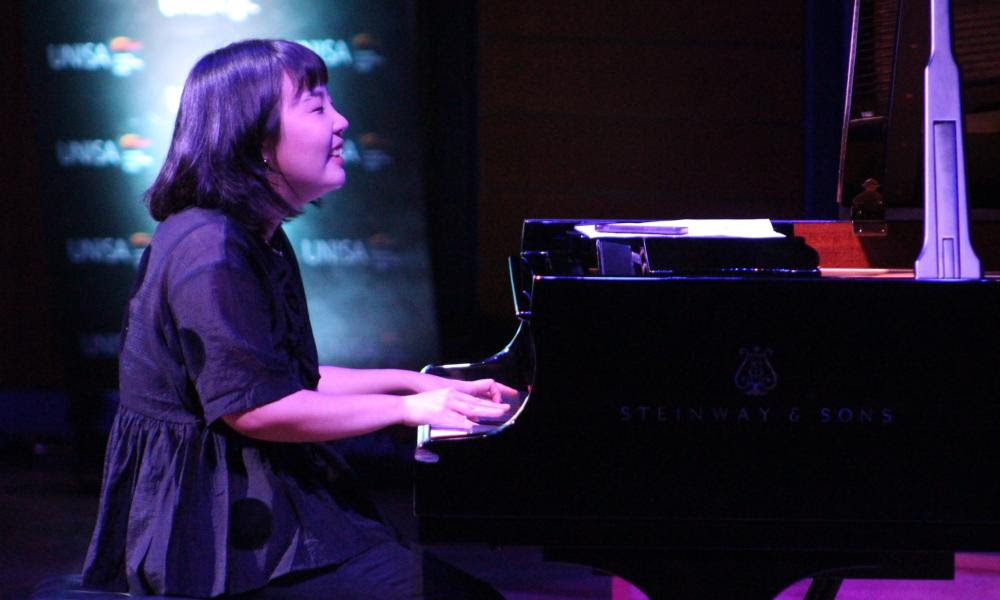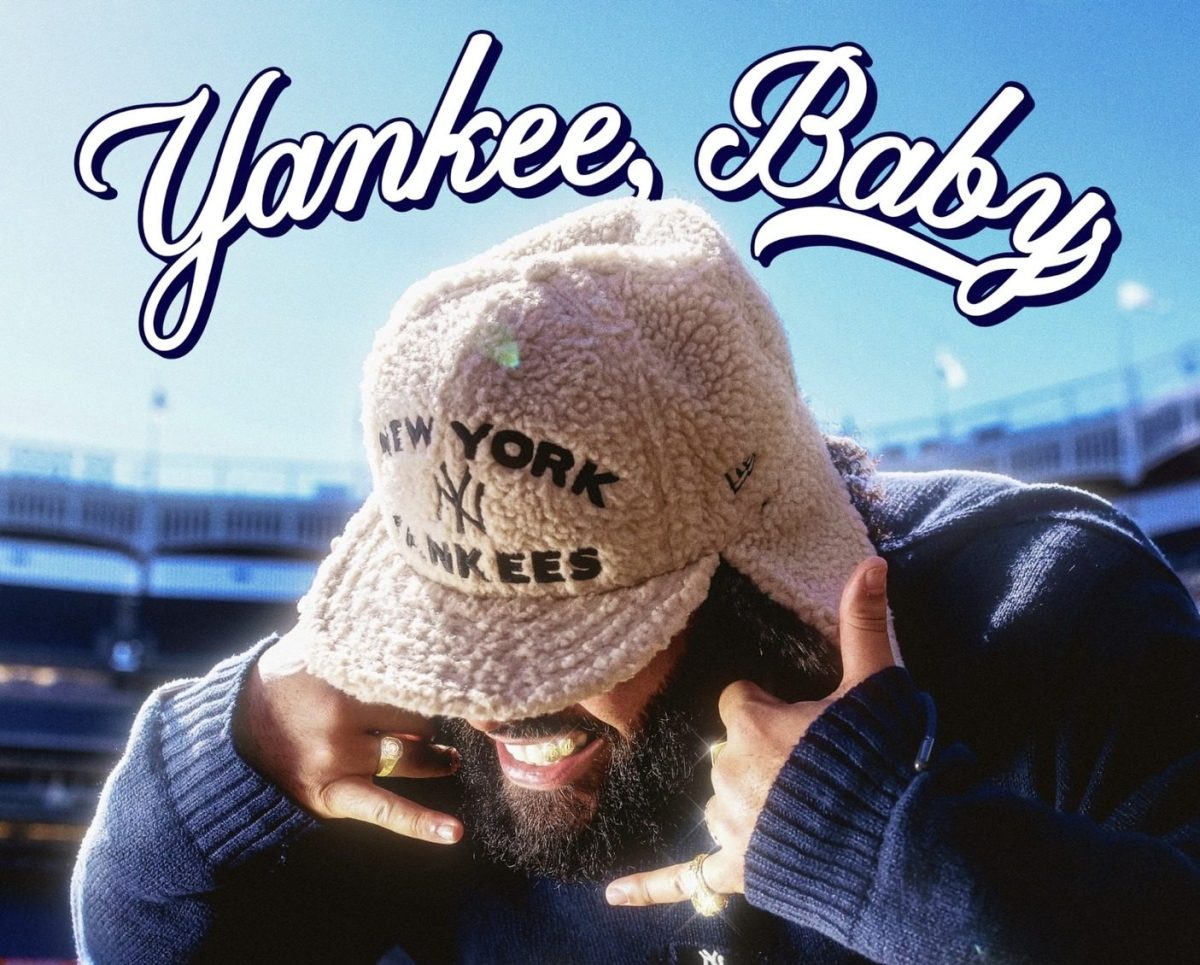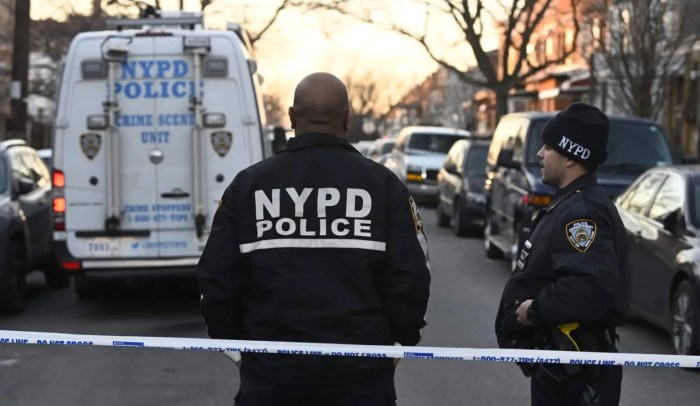Scientists from Columbia University were with MTA officials on Tuesday to announce what they regard to be a groundbreaking new approach to disinfecting the subways as well as a pilot program to deploy it starting next week.
With ultraviolet light technology found to kill microbial life, including COVID-19, on surfaces of trains and buses, transit leaders believe they have found a new weapon to keep their staff and riders safe in the fight against the coronavirus pandemic.
David Brenner, director of the Center for Radiological Research at Columbia, backed up the MTA’s claim that this is a practical way for the agency to make the city’s transit system safer after 120 transit workers have died from coronavirus.
“The good news here is that UV is a proven and effective technology and it is 100% safe to humans after it is applied,” MTA Chair Pat Foye said. “I don’t want to mislead anybody into thinking that this is a cure-all. There is still much work to be done, but this is a significant and promising new development.”
Behold: UV light disinfecting of subway trains. RIP, COVID-19 pic.twitter.com/xu8JRjd58P
— Mark Hallum (@MarkuuSan) May 19, 2020
Governor Andrew Cuomo reported 22,843 total statewide deaths, 105 of them on May 18 alone.
The Tuesday press conference at the Corona Maintenance Facility, a stone’s throw from CitiField in Queens, the MTA illustrated for the media how the technology would be rolled out in the field and how New Yorkers will come into contact with it in the coming days.
Ultraviolet light and chemical solutions that continue disinfecting surfaces for a number of days after a single application were just a few options Foye has said the agency has been reviewing as it has had to make difficult decisions since March.
“It’s exciting for us to be able to do this pilot at the same time that Dr. Brenner’s clinical research has shown that the UVs do kill –rather efficiently – the SARS-CoV-2 virus,” Mark Dowd, Chief Innovation Officer for the MTA, said.
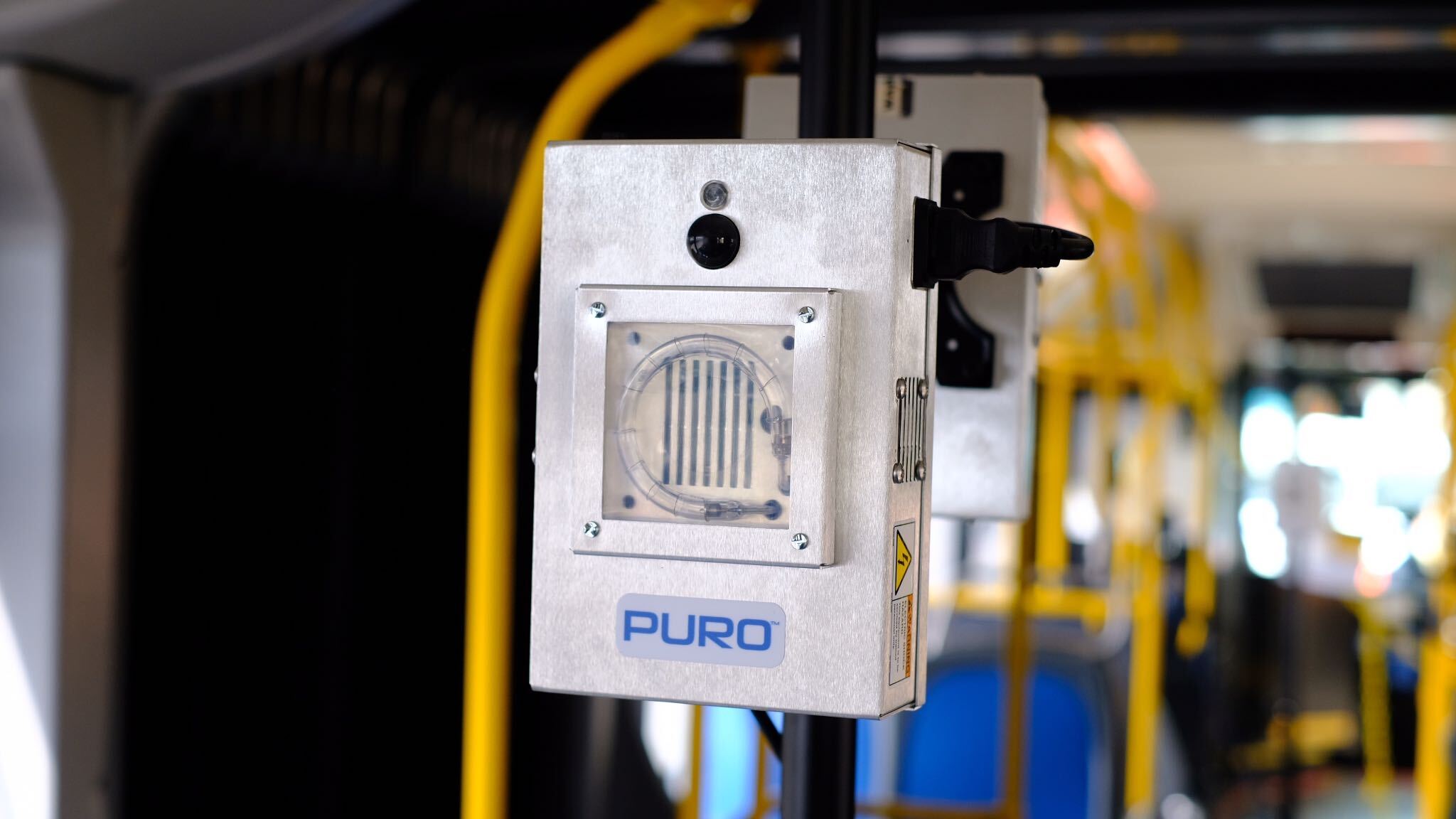
The individual light units, which flash every five seconds on board trains that have been cleared of personnel, were developed by a startup known as Puro. Subways, buses, and stations are the first phases of the pilot, while the Long Island Rail Road and the Metro-North will be part of the second phase.
The MTA did not have a cost estimate for the program, nor did they have updated estimates for the cost of COVID-19 related cleaning across the system.
“We’ve said before it’ll cost hundreds of millions of dollars both in this budget and in the financial plan for 2020, that continues to be the case. Obviously the use of new technology going forward may affect that in a more favorable way, but we’re not counting on that,” Foye said.
The specific form of light is UV-A which is less damaging to humans than UV-C, which is the workers leave trains before the lamps are activated.
The MTA has contracted 158 devices with a total of 230 lamps from Puro Lighting at approximately $1 million. Foye explained that going forward the MTA would put out a request for proposal to suppliers, they have no binding agreement with Puro and expect them to compete for the RFP.
Early May was historic for New York City Transit system: for the first time in 115 years, 24 hour subway service halted between the hours of 1 a.m. and 5 a.m. for disinfecting of trains and stations. It would remain this way until either the virus let up or a better solution came to the MTA, Foye told reporters.



